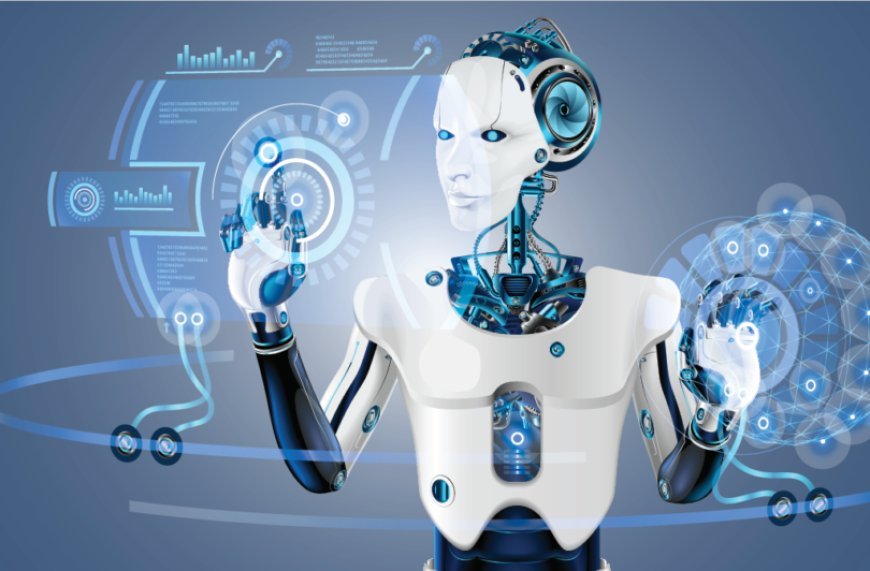RPA is Revolutionizing Business Process Automation
Phil Fersht, the company’s founder and lead analyst, invented “RPA” in 2012. Up until around 2018, the technology sputtered along, but as businesses underwent digital transformation and RPA platform capabilities advanced, its popularity increased.

Phil Fersht, the company’s founder and lead analyst, invented “RPA” in 2012. Up until around 2018, the technology sputtered along, but as businesses underwent digital transformation and RPA platform capabilities advanced, its popularity increased.
Therefore, it will result in software robots performing good and low-value tasks like logging into applications and systems, moving files or folders, extracting and inserting data, filling out forms, and completing routine analyses and reports, which will have a significant impact on all people. Even cognitive tasks that robots can do easily because of the advanced robots capabilities
RPA is the automation of rule-based business processes through the use of software and current technology. RPA can be effectively used by process-centric organizations to take over a variety of jobs. Also, RPA increases productivity overall by enhancing workflows and freeing up staff to work on higher-value projects. So, the bot executes rules-based tasks after observing a human worker and recording the workflow.
The following are some ways that robotic process automation technologies can be rapidly implemented to accelerate digital transformation:
It improves client service and ensures that business procedures and operations adhere to legal requirements and compliance standards.
– Drastically accelerating the rate of processing
– Increasing effectiveness through process auditing and digitization
– Eliminating laborious and repetitive chores to cut costs
– Making it possible for workers to produce more information
References:
https://www.cio.com/article/227908/what-is-rpa-robotic-process-automation-explained.html
What's Your Reaction?












/https://tf-cmsv2-smithsonianmag-media.s3.amazonaws.com/filer_public/54/66/546650fa-26a4-40fd-8d6d-5a7a04540f81/rosetta2.png)
:max_bytes(150000):strip_icc():focal(999x0:1001x2)/robert-prevost-050825-1-39395418ab494da5a3a700c9478e66c8.jpg)















































format(webp))
format(webp))

























